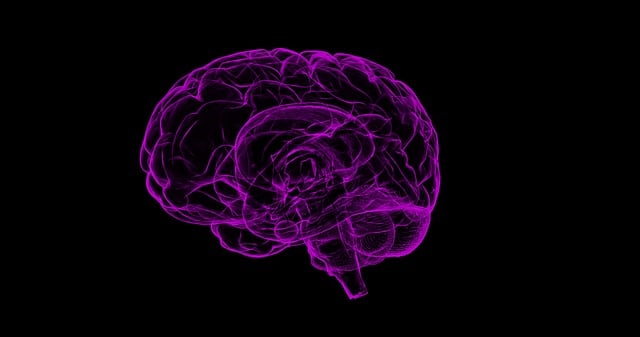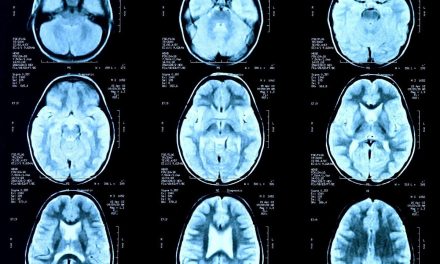Cognetivity Neurosciences, a company based in London, conducted research that showed how AI could help detect the early symptoms of neurodegenerative conditions. Peer-reviewed findings of the study published in the Scientific Reports indicates that the Integrated Cognitive Assessment or ICA is capable of detecting warning signs of dementia before any onset of cognitive impairment can be discerned.
Director of Research, Dr. Carol Routledge of the Alzheimer Research in the UK, remarked that this technology could help in diagnosing patients, way before they even experience or show signs of memory loss, problems with thinking, and cognitive dysfunctions.
They have accomplished this by introducing subjects to the digital cognitive assessment test which was conducted using an iPad. The 5-minute test involves categorizing 100 grayscaled images of animals and other objects as they are presented. Subjects who have taken the ICA are scored based on their speed and accuracy.
ICA measures the human motor cortex, visual system, and oculomotor functions. This is important because cognitive impairments such as dementia in Huntington’s disease can show signs of impact on these functionalities as early as 10 to 20 years. By evaluating all three functions, ICA helps patients get a diagnosis before any neurodegenerative disease can make an irreversible effect such as neuronal death.
The accuracy of the individual ICA test results was comparable to the cognitive test that is implemented in clinical practices including the Montreal Cognitive Assessment, Addenbrooke’s Cognitive Examination, and the Mini-Mental State Examination.
In a large scale, the ICA is more advantageous as it does not require input from a healthcare professional, unlike in the traditional methods. It also eliminates dependency or bias towards language, education, and learning skill of a patient.
As expressed by Dr.Sina Habibi, the Director, and CEO of Cognetivity Neurosciences, their aim with ICA is to use their technology to allow people to get an early diagnosis to conditions like dementia, and to transform general health monitoring activities to include measurement of cognitive performance as well.















